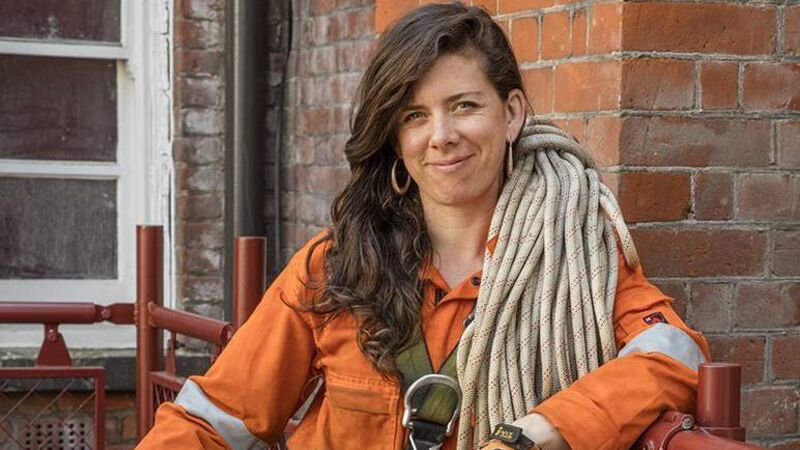Are the trades still 'jobs for the boys'?

Jen Kelly of Women in Trades Network Ireland (WITNI). Picture: Morley Von Sternberg
The traditional school model tended to focus on gender when it came to subject choices, which is still the case in many same-sex institutions. All-girls students are offered home economics while many all-boys’ schools do not, and woodwork and tech drawing are often limited choices for females unless they are attending a co-ed.
Change is happening, albeit at a slow pace. Over the past 10 years, schools have been actively encouraging female students to take on STEM subjects, fuelled by the fact that Irish firms are struggling to fill such roles.








